The photographer Paul McDonough passed away last week. He wasn’t my first photography teacher, but he was one of the first, and one of the best. I once heard from an admissions officer that Paul had endorsed my portfolio, and I know that made a difference, and if you could see my high school grades, you’d agree. I never forgot that.
During my first year, Paul taught one of my intro classes. I knew he was a photographer, but not much beyond that, because he didn’t talk about his own work much, he focused on us, on our work, and often spoke about his contemporaries instead.
It wasn’t until the following year, in a history of photography class, that his name came up again, this time in a lecture about street photographers, particularly those who followed Frank and Arbus. A few of Paul’s images were part of a slideshow, and I remember the instructor saying, “Our very own Paul McDonough.” She was talking about her colleague, the same professor I’d had class with the day before. I remember thinking, Oh shit, I should be paying more attention in his class.
I wish I’d done some research back then, asked more questions, taken advantage of the opportunity to learn from him more directly. I should have gone to office hours, talked to him about exhibits, and used what I’d learned while out shooting all the time. I had nothing but time back then, and I didn’t realize how, as I got older, that kind of freedom would become harder to come by.
A few years later, I had a class with the photographer Judy Linn. I felt an immediate connection to her. She had this world-weary rebelliousness that I was really drawn to. She felt like a real New York City artist to me, whatever that means. At the time, I was going through a phase where I felt disconnected from my own photography. I was experimenting with all kinds of techniques, just trying to find something that felt meaningful. Judy was always incredibly encouraging, she made it clear that there were no rules. It felt like making bad art was better than making no art at all. That sounds simple, but making bad art can be a pretty miserable experience, and I was definitely making some bad art. Mixed media, a lot weird mail art, whatever I could think of.
It wasn’t until later that I found out she was old friends with Patti Smith, Robert Mapplethorpe and Sam Wagstaff. In this case, it was probably a good thing I didn’t know earlier, I would’ve pestered her about it constantly.
She made is beautiful book about their time together.
The third teacher I didn’t fully appreciate until it was too late was David Vestal. He taught an advanced black-and-white printing class. By the time I finally took it, I had moved past my failed mixed media phase and had transitioned almost entirely to color photography. So I wasn’t exactly inspired to spend hours in the black-and-white darkroom. I was printing old negatives I’d shot years earlier, and it was hard to feel passionate about them. My style had changed completely by then, and honestly, I didn’t even like most of the images.
What I remember most about David is that he seemed about a hundred years old to me at the time, but he was still very sharp. I have a vivid memory of how he could look at a work print and immediately know exactly what it needed. He’d study it for a moment, always with a white towel slung over his shoulder, and say something like, “Dodge here and here, and burn here for an extra two.” You’d head back into the darkroom, repeating his words in your head so you wouldn’t forget, and then you’d come out with a dramatically better print. And he’d be so genuinely happy for you. He had this wonderful way of noticing small, often overlooked details in a photo, something you might not have even seen yourself, and he’d say something kind and specific about it. “Look at the magic in this little reflection here”.
I don’t print in the darkroom anymore. In fact, I don’t even shoot in black and white, but I still use the things he taught me every time I’m retouching a photo. I sometimes wonder what he’d think of that.
Of course, it wasn’t until after I left school that I really started reading his thoughtful writing on photography, or looking at his work in the permanent collections at The MoMA, The Whitney, The Met …
Is this just a long(ish) way of saying that youth is wasted on the young? Maybe. I don’t have many regrets, but I do wish I’d been a bit more curious about the people I was learning from, while I still had the chance. It’s kind of painful, all of the questions I didn’t ask.
Thanks, Travis
While writing this I was listening to:


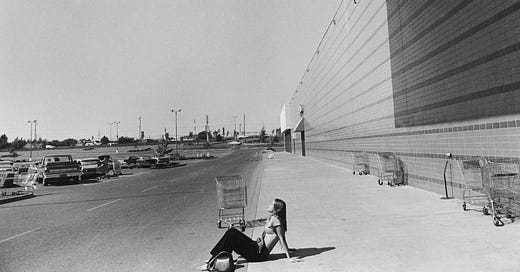





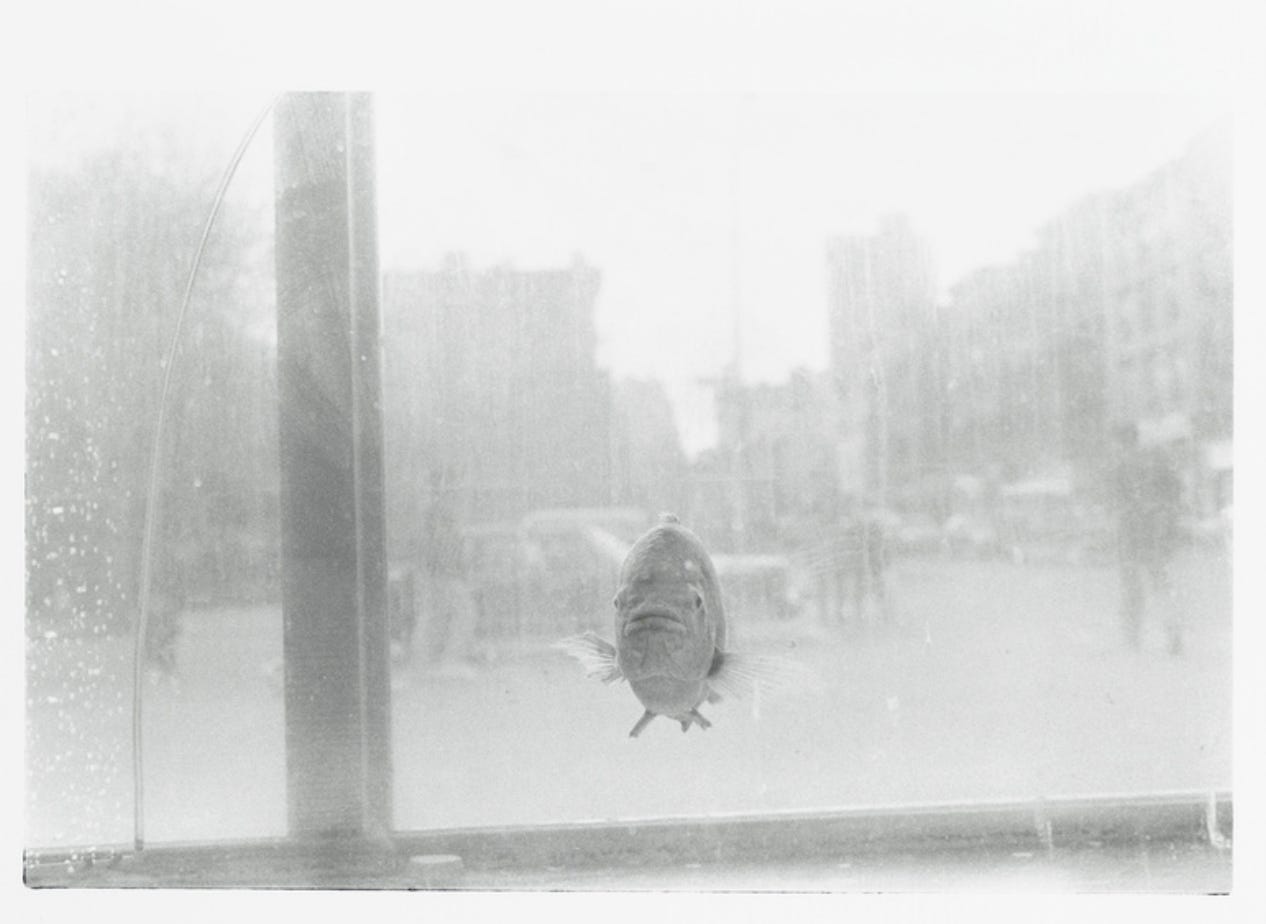
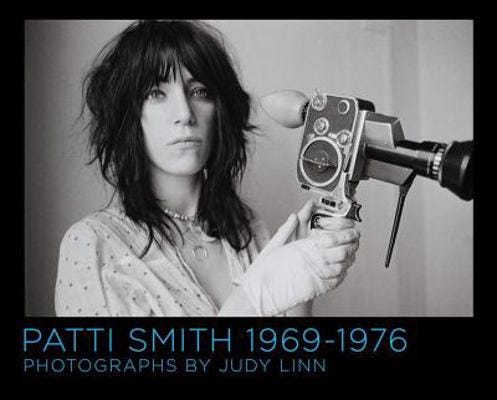
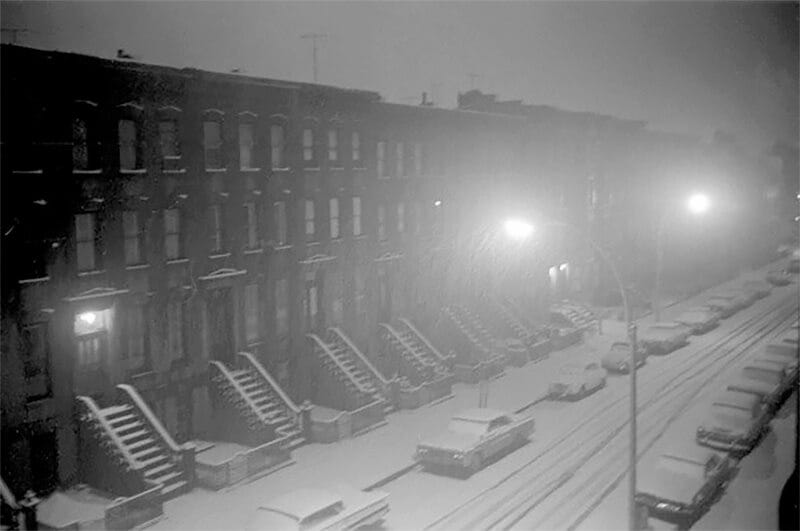
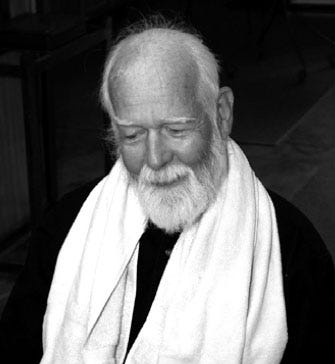
Once, in college, I gave a presentation on Mapplethorpe's photos. I used the overhead projector -- that's how long ago this was. The room went very quiet.
Almost every time I pick an article out of my feed it turns out to be about a topic I had been thinking about myself. I also let many opportunities go by. I wonder if young readers will find this. You had some great opportunities.